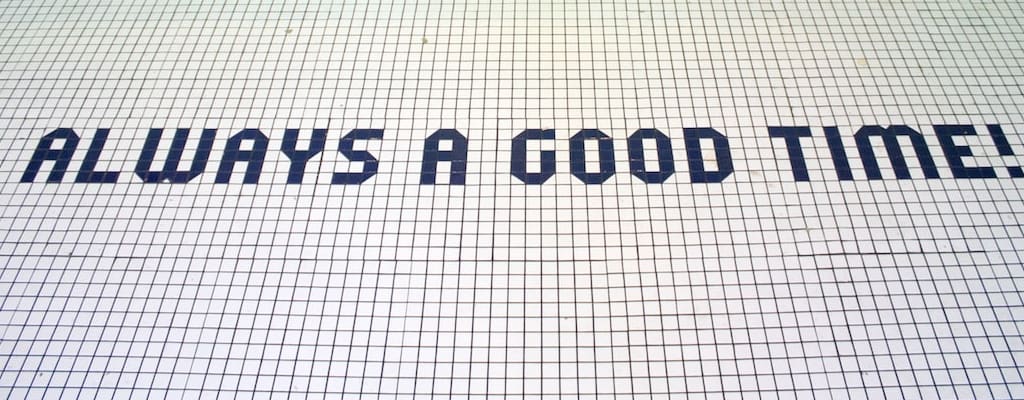look up and down: Idiom Meaning and Origin
What does ‘look up and down’ mean?
The idiom "look up and down" means to examine someone or something carefully, often in a judgmental or critical manner.

Idiom Explorer
The idiom "run the rule over" means to examine or evaluate something or someone in a thorough and critical manner.
The idiom "ride down" means to criticize, demoralize, or defeat someone or something relentlessly or continuously, often through stubborn persistence.
The idiom "put down as" means to consider or categorize someone or something in a particular way based on their appearance or behavior, often without giving them a fair chance or considering other possibilities.
The idiom "put down" means to criticize or belittle someone or something, often in a demeaning or dismissive manner. It can also refer to physically placing an object or animal on the ground.
The idiom "pick holes" means to criticize or find fault in something, often in a nit-picky or overly critical manner.
The idiom "pick apart" means to closely examine or criticize something in a detailed and thorough manner, often with the intention of finding flaws or weaknesses. It suggests a process of breaking down and analyzing something piece by piece.
The idiom "low-down" means to provide information or gossip that is detailed, often secret, and sometimes even scandalous.
The idiom "look up" means to search for information or seek clarification. It is often used when someone wants to find a specific piece of information or research a topic to gain a better understanding.
The idiom *look to* means to rely on or seek guidance or support from someone or something. It suggests a need for assistance or a source of help in a particular situation or decision.
Interrogate appearances
The idiom "look down on" is a related phrase to "look up and down." While "look up and down" refers to visually examining someone or something, "look down on" carries a different connotation. It is often used to describe a negative attitude or feeling of superiority towards someone or something. When someone "looks down on" another person, they regard them with disdain or consider them to be inferior. This idiom can be applied in various contexts, such as social status, intelligence, or accomplishments.
Similarly, the idiom "look down upon" also conveys a similar meaning to "look down on." It implies a judgmental attitude or the act of regarding someone or something as unworthy or lesser. When someone "looks down upon" another person or group, they hold them in contempt or consider them to be beneath them. This idiom can be used to describe a range of situations, including cultural differences, societal hierarchies, or personal prejudices.
Understanding the meaning and origin of idiomatic phrases can be a fascinating endeavor. Idioms are a unique aspect of language, often carrying figurative meanings that go beyond their literal interpretation. They contribute to the richness and complexity of a language, allowing individuals to express themselves in nuanced and creative ways. The idiom "look up and down" is no exception, offering a versatile expression to convey the act of visually examining someone or something thoroughly.
When using the idiom "look up and down," it is essential to consider the broader context and the intended meaning. Depending on the situation, it can be used to highlight a comprehensive evaluation, a judgmental attitude, or even a deliberate observation of someone's physical appearance. Its precise origins may remain unknown, but its continued usage and relevance demonstrate its value as an idiomatic expression.
One interesting aspect of idioms is that they often reflect certain cultural values or beliefs. For example, the idiom "look up and down" implies a meticulous assessment, suggesting the importance of thoroughness and attention to detail. In some cultures, this level of scrutiny may be seen as essential when evaluating someone or something.
On the other hand, the idioms "look down on" and "look down upon" convey a different set of values. They illustrate the existence of hierarchies or inequalities within a society, where certain individuals or groups are considered superior while others are looked down upon. These idioms can shed light on social dynamics and power structures, prompting discussions on fairness, equality, and respect.
Idiomatic expressions such as "look up and down," "look down on," and "look down upon" offer valuable insights into language, culture, and human interaction. They provide a concise and powerful way to convey complex ideas and emotions, enhancing the clarity and impact of communication. As an experienced Editor for HubSpot, it is crucial to be mindful of these idioms and their implications when editing articles. By understanding their meanings and usage, you can ensure that the articles are coherent, readable, and effective, while also reflecting the conversational style and friendly tone that is characteristic of HubSpot's editing guidelines.
Example usage
Examples of how the idiom "look up and down" can be used in a sentence:
- I saw him looking up and down the street, searching for his lost keys.
- She looked up and down the menu trying to decide what to order.
- The teacher looked up and down the classroom, making sure all the students were focused on their work.
An analysis of the idiom "look up and down":
The idiom "look up and down" is often used to describe the action of carefully observing or examining something or someone from top to bottom or thoroughly searching for something. In the provided examples, the idiom is used in different contexts, such as searching for lost keys, deciding on an order from a menu, and ensuring students are focused on their work. The idiom emphasizes the visual aspect of the action and implies a meticulous or thorough examination of the subject. Overall, "look up and down" is a versatile idiom that can be applied to various situations requiring careful observation or scrutiny.
More "Evaluation" idioms



